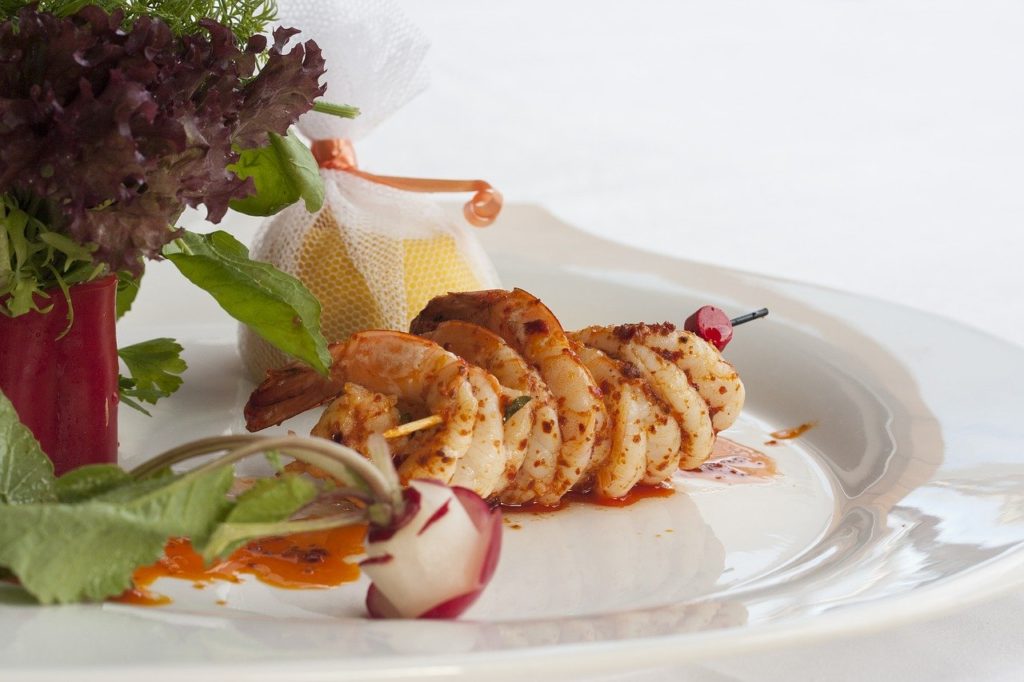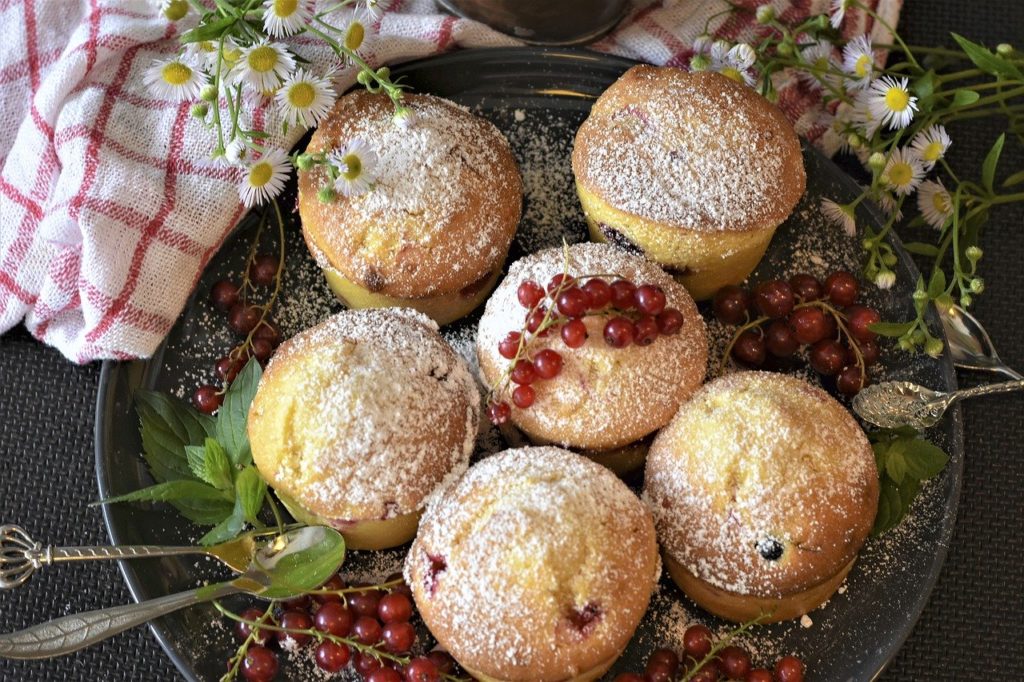
The Holy Bible speaks about the story of two banquets. The one hosted by Herod, which led to the death of John the Baptist, the cousin and forerunner of Jesus, the Messiah. The other hosted by Jesus, which provided life and energy to ordinary people. Both these banquets took place totally in different settings. The banquet of Herod took place in a formal setting of his palace with a group of chosen people in an atmosphere of formality, pride, arrogance, selfishness, and narcissism. The banquet of Jesus took place in a simple setting on the hillside of Galilee with ordinary people in a spirit of sharing, caring, bearing, and loving.
In real life, food represents life, energy, activity, and dynamism. When there is no food, there is no life and energy, and we are sure to die soon. One of our tragedies today is not the lack of food or materials but lack of willingness to share what we have and to empathize with others in our community. From the gospel narratives, according to Mathew14:13-21, where the story of the multiplication of five loaves and two fish, manifests a great attitude of sharing. Here we see Jesus, feeding 5 thousand men, excluding women and children. Indeed, there may have been more than five thousand people. Typically, when there is an occasion of this kind, lots of women and children attend. Maybe they are not mentioned because of the Jewish tradition and the way they consider women and children. Jesus did not perform magic to create five loaves and two fish. But there was someone in the crowd who had it and was willing to share those five loaves and two fish. Jesus made use of it to make a miracle to feed five thousand men to satiate the hunger. Jesus did it because he loved them and was moved with pity for them.
In our day today life, people with a compassionate heart are always driven to act for the wellbeing of others. St. Teresa of Calcutta (Mother Teresa) shared one of her personal experiences. Learning of a poor Hindu family in Calcutta who had been starving for many days, Mother Teresa visited them and gave a bag of rice to the mother of the family. But she was surprised to see that this woman divided the rice into two equal portions and gave one of it to her Muslim neighbor. When Mother Teresa asked this woman why she had done such an act, she replied, “My family can manage with half of what you have brought. My neighbor’s family is in greater need because they have several children who are starving”. A living example of sharing what we have and empathizing with others. Here we have the story of people who are willing to share and give away to others what they have and be happy and contented in life.
But when we look into the other banquet hosted by Herod, we see just the opposite. Here we see people looking for opportunities to grab for themselves. Grab to satisfy their personal needs, desires, and wants even at the cost of others. In our particular situation here, even at the expense of the very life of a man of God, a great prophet, a holy man who stood for truth and justice, a man who made a difference in society. King Herod was forced to offer the head of John the Baptist on a platter to Salome at the request of her mother because John the Baptist spoke the truth, and she was looking for an opportunity to take revenge on John the Baptist. A living example of looking for opportunities to grab for themselves and take advantage of the situations.

This is not just the story of the first century. Believe me; it is the story of our time; it is something that is happening in our society, in our own backyard, maybe in our own families, among our siblings, even our workplace. We have both these models here with us, the ones willing to give away, and the ones willing to grab away. We have the option, and the ultimate choice is always ours, and accordingly, we reap the fruit of our option. If you are willing to give away, yes, you will be like a burning candle that can dispel darkness and bring light, warmth, and life. If you want to grab away, yes, you will be like a piece of iron outdoors getting rusted and be forgotten and thrown into the garbage, sometimes even to the garbage of eternity. Do you want to be a burning candle or a rusting piece of iron? The option is yours!
Lovingly,
Fr Tomy Puliyan, MSFS
“Holiness and Happiness through Wellness and Wholeness”
Love this, Father Tomy!! Thank you.
This is a beautiful narration of Shari ng. Hod bless, fr tomy
A beautiful narration of sharing a d love. God bless, Fr. Tomy!